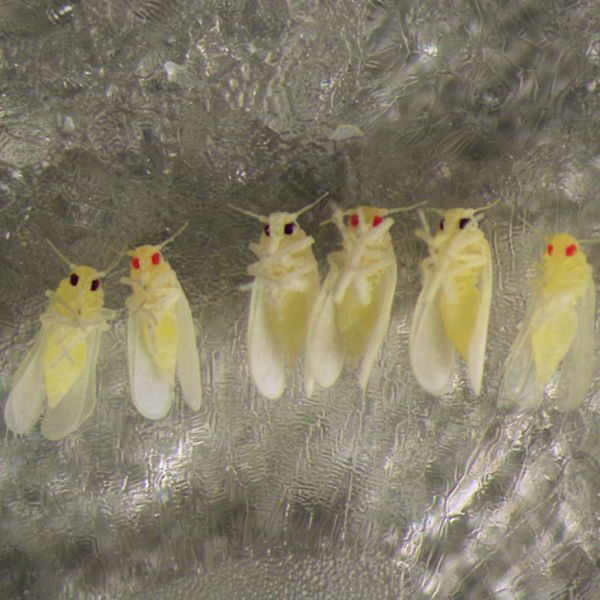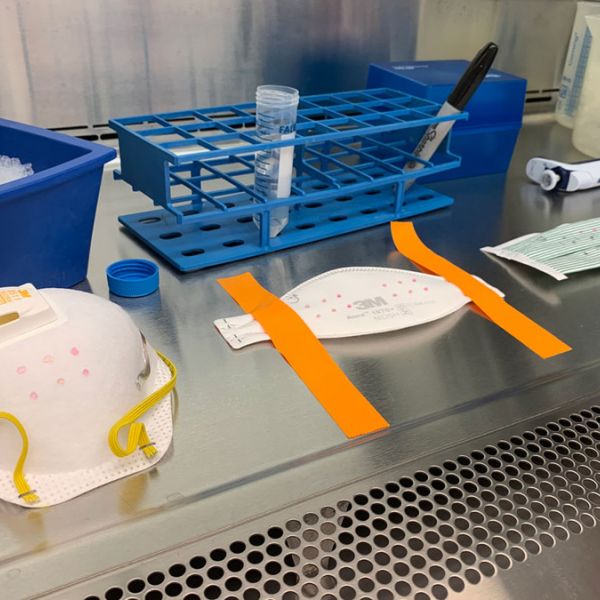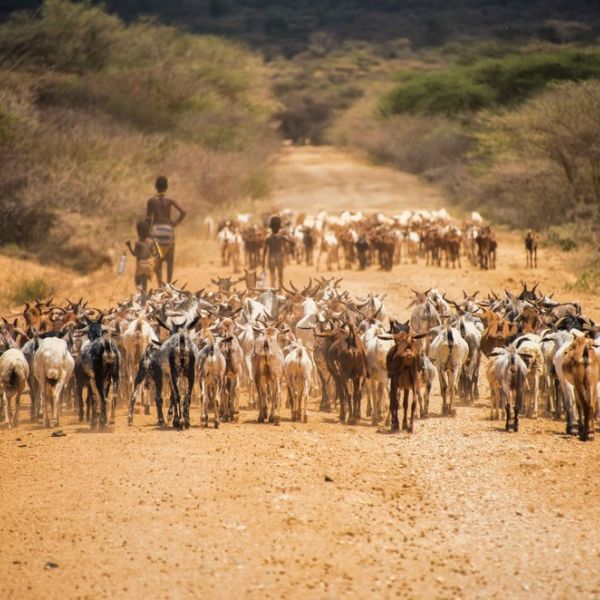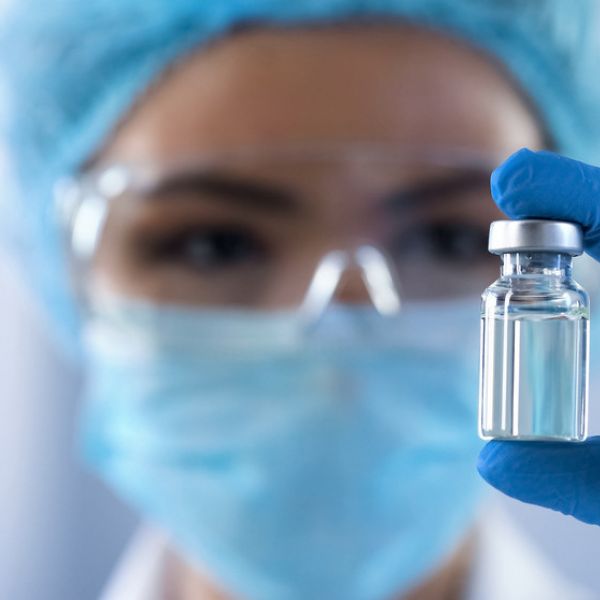News

Apr 27, 2020
Gene-editing protocol for whitefly pest opens door to control
Whiteflies are among the most important agricultural pests in the world, yet they have been difficult to genetically manipulate and control, in part, because of their small size. An international team of researchers has overcome this roadblock by developing a CRISPR/Cas9 gene-editing protocol that could lead to novel control methods for this devastating pest.
Full Article

Apr 27, 2020
New decontamination protocol permits reuse of N95 respirators
The COVID-19 pandemic has created a shortage of personal protective equipment, including “N95” respirators, needed by frontline healthcare providers. A new protocol using aerosolized hydrogen peroxide to decontaminate N95 respirators could allow them to be safely reused in some hospital settings, where the disinfectant is already being used for other decontamination purposes.
Full Article

Apr 06, 2020
Efforts to control livestock disease should focus on management style, not age
The risk of transmitting the virus PPRV, which produces a highly infectious and often fatal disease in sheep and goats, does not appear to vary significantly by an animal’s age, unlike its sibling virus measles, which is most prominent in children.
Full Article

Apr 03, 2020
Penn State researchers explore what's next with COVID-19 in videos
How will COVID-19 end? Matthew Ferrari and Nita Bharti of the Penn State Center for Infectious Disease Dynamics (CIDD) explore this question in a new video produced in collaboration with WPSU. With volunteer assistance from Penn State faculty and staff from across the campuses, the video will be available with subtitles in 10 languages.
Full Article

Apr 01, 2020
China’s control measures may have prevented 700,000 COVID-19 cases
China’s control measures during the first 50 days of the COVID-19 epidemic may have delayed the spread of the virus to cities outside of Wuhan by several days and, by interrupting transmission nationwide, prevented more than 700,000 infections across the country, according to an international team of researchers.
Full Article

Mar 26, 2020
Researchers mobilize to study COVID-19 from multiple angles
Penn State funds 17 research proposals, ranging from vaccine development to improved predictive modeling, with more to come.
Full Article

Mar 24, 2020
Social distancing tips from a Penn State expert
As guidance from leading health organizations and the federal government continues to evolve, epidemiologist Matt Ferrari, associate professor of biology at Penn State, shares his expertise on some of our most frequently asked questions.
Full Article

Feb 14, 2020
Penn State website provides ongoing updates on global coronavirus outbreak
Penn State students, faculty and staff can keep up with the latest information from the University regarding the global coronavirus outbreak via a new website.
Full Article

Feb 10, 2020
Penn State receives five-year $3.7 million grant to study virus evolution
The evolution of viruses will be the focus of a five-year $3.7 million dollar grant from the National Science Foundation’s new program on convergence research, to an interdisciplinary team led by Penn State. The grant is in two phases, depending on successful completion of phase one milestones.
Full Article

Dec 18, 2019
LiveB1G: Infectious Disease Forecasting
As part of its LiveB1G series, the Big Ten Network has featured Penn State professor Steven Schiff, who leads an interdisciplinary team that applies weather forecast modeling to forecast infection risk in infants, providing the opportunity to diagnose diseases in children that cannot be diagnosed with existing technology.
Full Article